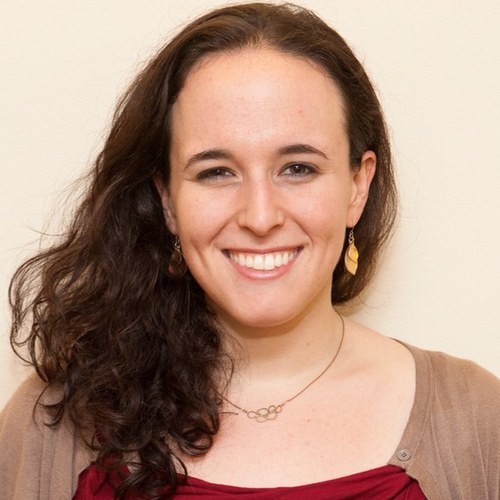Overcoming the black box problem: Scrutinizing automated decisions in the real world
Moderators 
Policy Analyst, Upturn
Miranda Bogen is a Policy Analyst at Upturn, where she focuses on the social implications of machine learning and artificial intelligence, and the effect of technology platforms on civil and human rights. She has coauthored reports on data ethics, governing automated decisions, and...
Read More →
Founder & Executive Director, AlgorithmWatch
Lorena is the executive director of AlgorithmWatch, a non-profit organisation to evaluate and shed light on algorithmic and automatization processes that have a social relevance. Her work focuses on philosophy of law and ethics of automatization and digitization. Lorena has been appointed...
Read More →
Founder and Executive Director, AlgorithmWatch
Matthias Spielkamp is co-founder and executive director of
AlgorithmWatch. He is co-founder and publisher of the online magazine iRights.info (Grimme Online Award 2006). He testified before several committees of the German Bundestag, i.e. on AI and robotics. Matthias serves on the governing board of the German section of Reporters Without Borders and the...
Read More →
Policy Analyst, Asociación por los Derechos Civiles
I'm a lawyer, policy analyst and researcher working at the Association for Civil Rights (ADC in Spanish), a not-for-profit, independent, NGO founded in 1995, based in Buenos Aires, Argentina. My work focuses mostly on privacy issues. https://leandro.im
Wednesday May 16, 2018 17:15 - 18:15 EDT
201C

